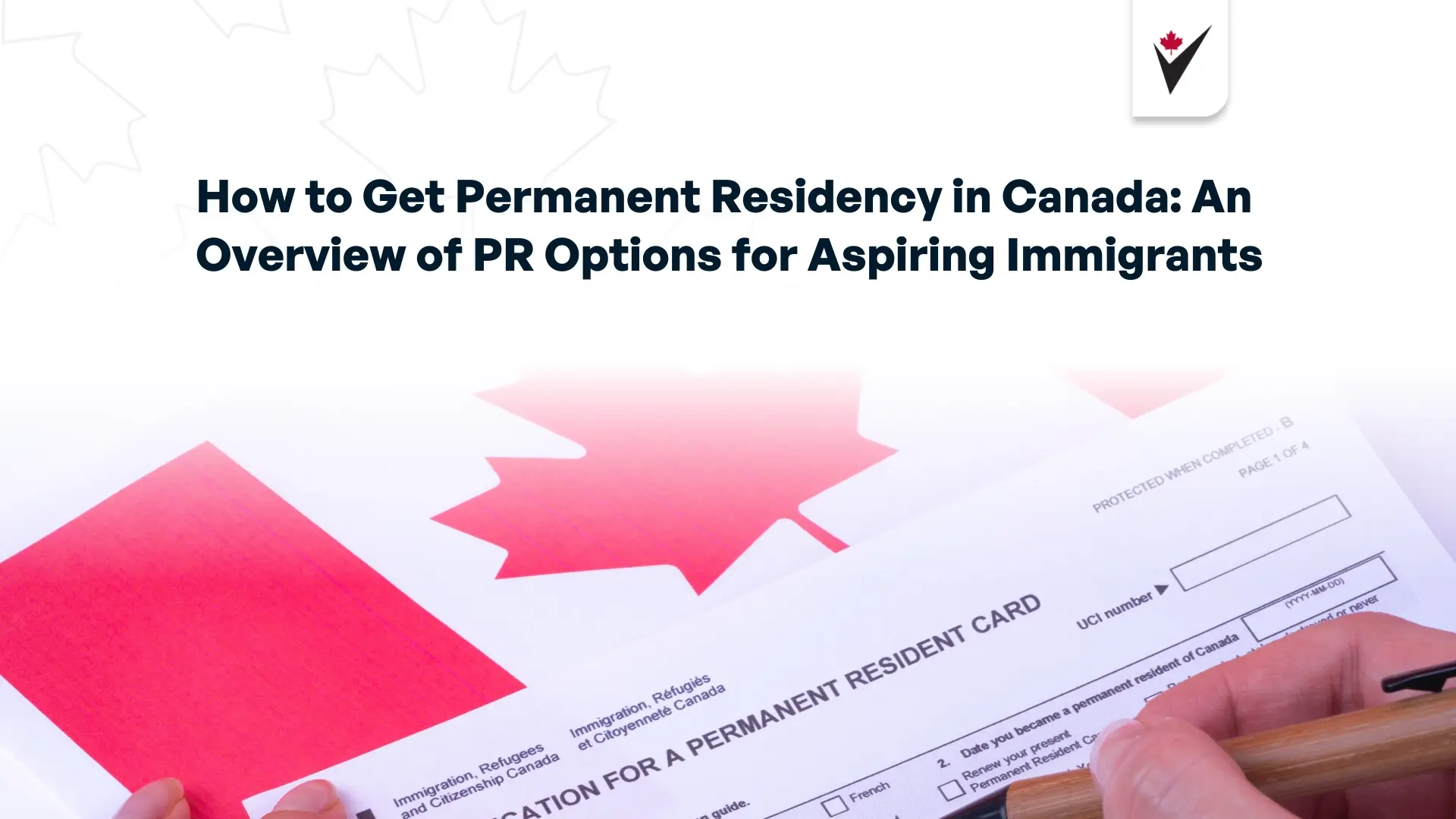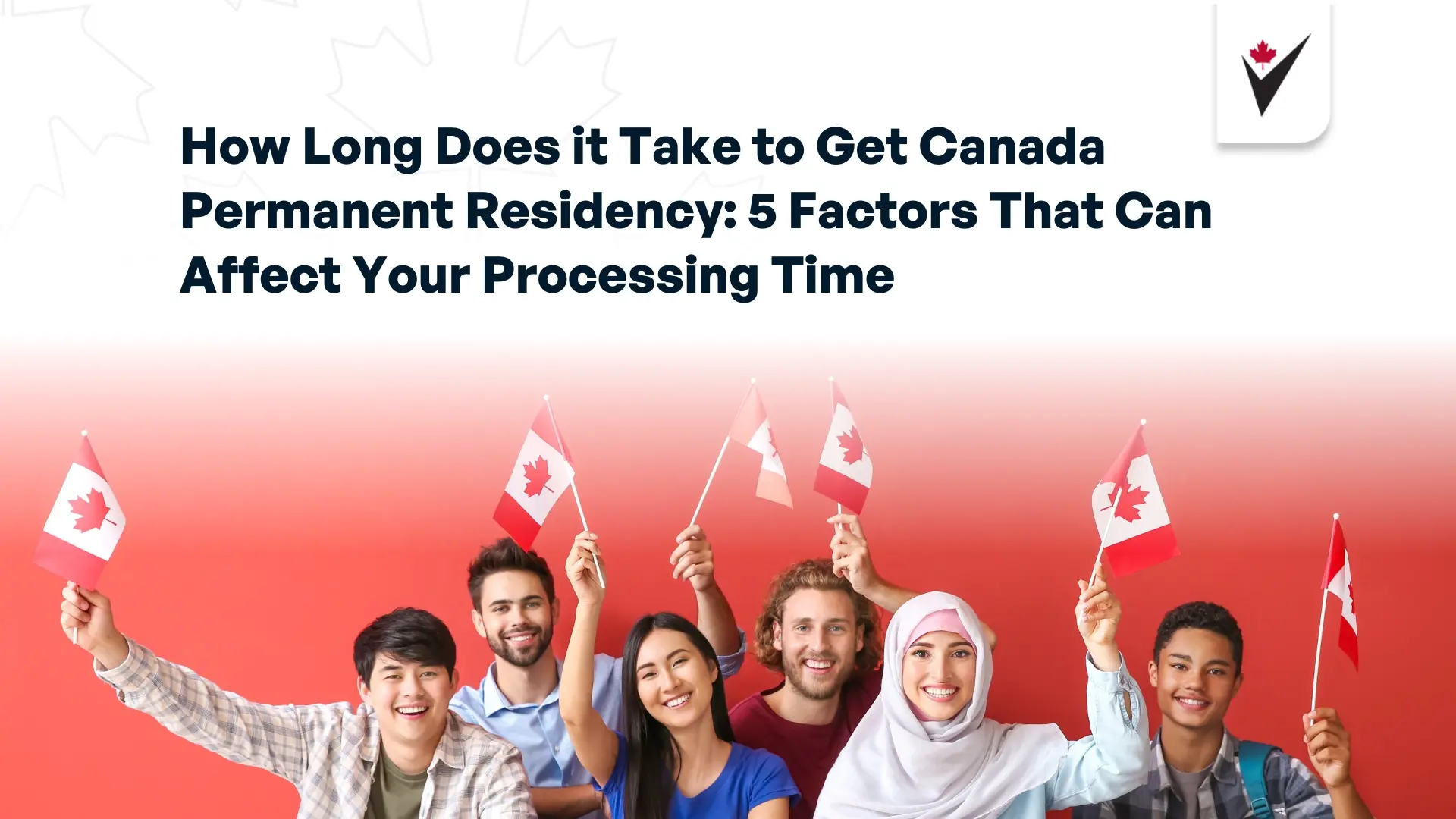- Immigrate
- Permanent Residency
Permanent Residency
International visitors, students and workers can enter Canada under a temporary status. They are considered temporary residents.
Those who meet the eligibility criteria, living inside or outside Canada, can apply to settle in the country and become a permanent resident and, in the future, a Canadian citizen.
Immigration, Refugee, and Citizenship Canada (IRCC) is the federal department that facilitates the arrival of immigrants, provides protection to refugees, and offers programming to help newcomers settle in Canada.
Canada has more than 100 programs for permanent residency with different specifications and eligibility requirements. We assist you navigating through all options and define the most suitable for you and your family.

FIRST STEPS TO APPLY FOR CANADIAN PERMANENT RESIDENCY
Test your language skills:
English and French are the two official languages of Canada. To apply for any permanent residency program, you will have to submit the results of an official English or French test. Your English/French level has to be equivalent to the minimum CLB/NCLC level required for the program you are applying for.
CLB - Canadian Language Benchmarks (for English)
NCLC - Niveaux de Compétence Linguistique Canadiens (for French)
When taken an English/French test you will be tested in 4 skills: speaking, reading, writing and listening.
The tests accepted for permanent residency application are:
|
English CELPIP–General: Canadian English Language Proficiency Index Program (General–LS test is not accepted) IELTS–General Training: International English Language Testing System (Academic test is not accepted) |
French TEF Canada: Test d’évaluation de français (TEF Études, Naturalisation, Carte de résident or the Québec versions of the test are not accepted) TCF Canada: Test de connaissance du français (TCF, DAP, ANF, Carte de résident or the Québec versions of the test are not accepted) |
Get your foreign educational credential(s) assessed:
If you obtained your education outside Canada, you will need to submit along with your application an Educational Credential Assessment (ECA) for immigration purposes. The ECA is used to verify that your foreign degree, diploma, or certificate (or other proof of your credential) is valid and equal to a Canadian one.
Find the NOC for your occupation:
NOC (National Occupational Classification) is the system used by IRCC to classify jobs in Canada.
For immigration purposes, the main job groups are:
- Skill Type 0 (zero): management jobs
- Skill Level A: professional jobs that usually call for a degree from a university
- Skill Level B: technical jobs and skilled trades that usually call for a college diploma or training as an apprentice
- Skill Level C: intermediate jobs that usually call for high school and/or job-specific training
- Skill Level D: labour jobs that usually give on-the-job training
Jobs with NOC Skill Type 0, A or B are considered “skilled” occupations.
Knowing the NOC for your occupation is an important step to find out which immigration programs you qualify for.

Regulated Canadian Immigration Consultants (RCIC-IRB)
Proudly regulated by and in good standing with the College of Immigration and Citizenship Consultants (CICC). Jamie Dowla, registration #: R507233.

Our Canadian Immigration Success Stories
Learn About All of the Great Things
Canada Has to Offer!
Canadian Immigration News, Tips, and Resources

How to Get Permanent Residency in Canada: An Overview of PR Options for Aspiring Immigrants
For many aspiring immigrants, the dream of building a new life in Canada begins with securing permanent residency. Canada offers a welcoming environment, a high quality of life, and a wealth of
read more
How Long Does it Take to Get Canada Permanent Residency: 5 Factors That Can Affect Your Processing Time
If you’re seeking permanent residency in Canada, one of the most pressing questions you may have is: how long does it take to get Canada permanent residency? The waiting period can be a significant
read more
Top-Ranked Canadian Universities for International Students
Every year, Canada welcomes hundreds of thousands of international students. When you study in Canada, you invest in your future. In this article, we’ll explain why Canada is an ideal destination for
read moreFind Your Licensed Immigration Consultant
Wherever You Are Located
We assist clients across Canada and internationally. See the countries below to find your regulated Canadian immigration consultant.

